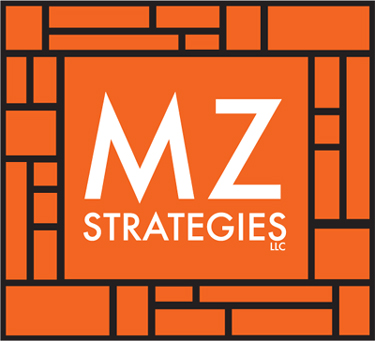MZ Strategies, LLC at the American Planning Association 2017 National Conference
Mariia Zimmerman, Principal of MZ Strategies, serves as Vice-Chair for Metropolitan Planning on the American Planning Association's Regional and Intergovernmental Planning Division. She will be speaking at numerous events between May 5 - 8, 2017 at the National Planning Conference in New York City. Among the topics she will cover, which represent work MZ Strategies is doing with several clients and communities, are emerging best practices in regional planning, changing federal support for innovative planning and community development, regional economic resiliency, and the role of private-sector planners in affecting change.
Read More…